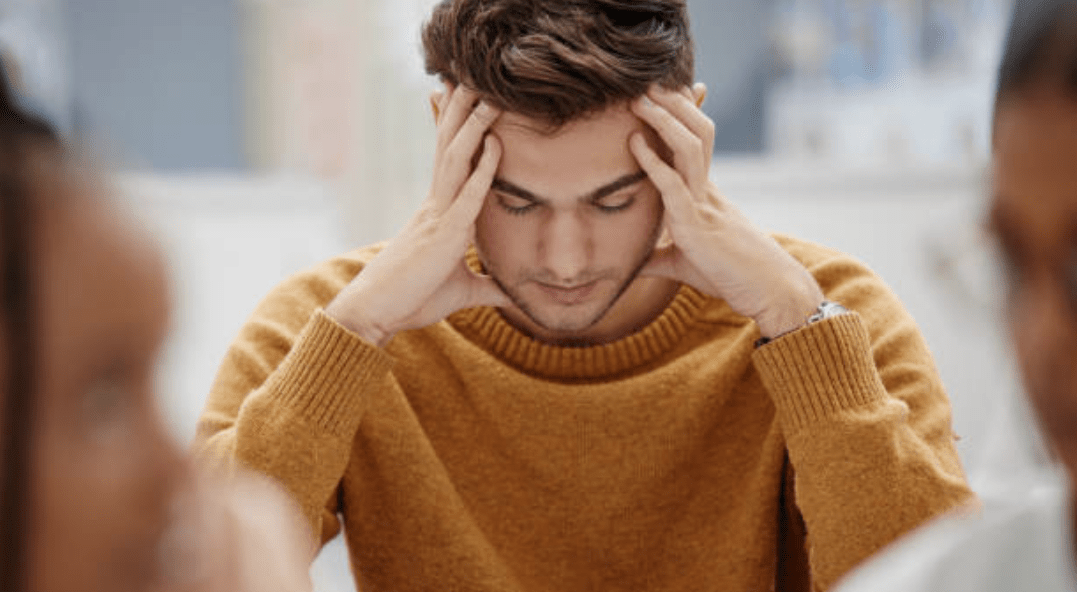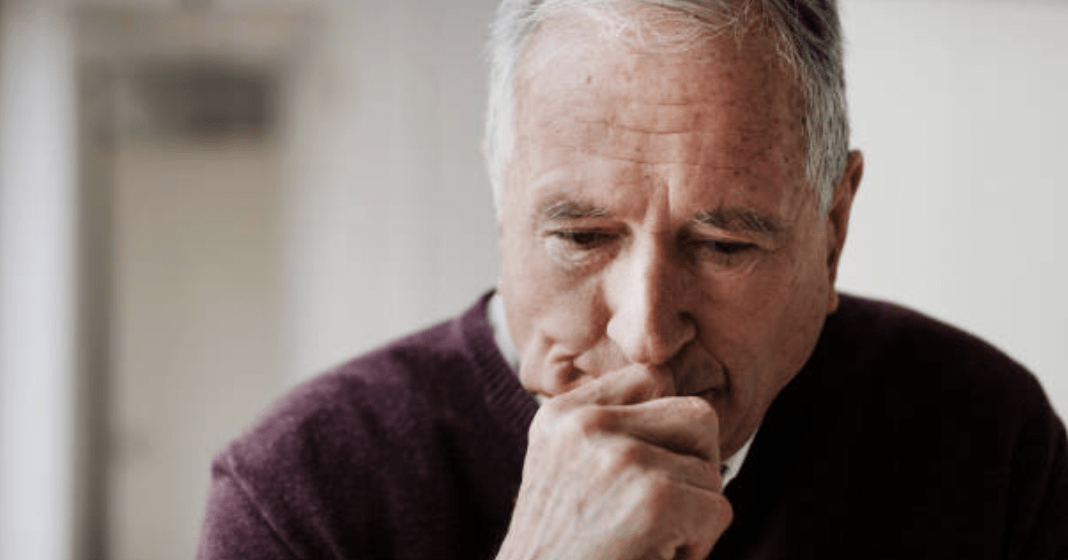Transforming Social Anxiety
This article is based on scientific evidence and clinical experience, written by a licensed professional and fact-checked by experts.
Posted: February 14, 2024
Estimated reading time: 4 minutes
In This article

Anxiety can surface in many forms such as fear of the future, fear of failure, worry about the well being of your loved ones. But I wanted to laser in on one area of anxiety which surfaces in social situations and is characterized by the fears of being evaluated in a negative or critical manner by others, causing angst and avoidance of social situations. These kinds of behaviors can be key indicators to social anxiety:
- avoiding social situations
- leaving social situations early and/or participating minimally
- avoiding eye contact
- needing substances or objects to cope in social situations
- feeling on edge, restless, or having trouble relaxing in social situations
- using distractions to avoid thinking about social situations
Social anxiety affects more than 15 million people in the United States, and those who experience these behaviors and distressing feelings and their frequency can range anywhere from occasionally to all the time. Wherever you find yourself on this range, I know this can be quite disruptive and potentially keeping you from relationships you’d like to have and the genuine expression of yourself that you desire.
If you would like to feel more free to be yourself when with others in various capacities, I would like to offer some ideas on where to begin your freedom journey. Let’s begin with developing emotional awareness by paying attention to and describing your emotions. It might feel more natural to avoid what you feel in order to exit the whole distressing situation, but this actually is keeping you stuck by being unable to tolerate what you feel. Tolerating what you feel is important to be able to understand what is going on within you. You can first give attention to what your body feels like in social situations and then find words for your feelings. There are feelings charts available online if you need help with this.
Next, pay attention to harsh, self-critical thoughts or negative beliefs you are having. They may sound something like, “You’re flawed,” “You don’t have anything good to say,” or “You’re not good enough and everyone will see it.” Getting these thoughts outside of your head and seeing them clearly can help you distance yourself from them, as opposed to being swept up by them and spiraling downward. Often when these thoughts are seen clearly, people discover how really harsh they are and begin to challenge them and consider if they match with reality. Also, understand that these thoughts have a deeper root that is shame which only serves to maintain a cycle of self loathing and anxiety.
Now that you have a deeper awareness of your experience, try to explore past experiences you’ve had with others in your life when you felt criticized or devalued. Allow yourself to entertain the feelings these experiences with others evoke such as sadness or anger for being treated such a way. This will help you feel compassion toward yourself and see yourself with more dimension and outside of the lens of shame. Also, try to think of experiences with others that you’ve felt acceptance and belonging with. This can also challenge the self-critic. If you still have a relationship with them, ask for their feedback on how they feel about you.
These are some steps that can move you along the journey of freedom. It takes hard work and yet is not a journey you have to embark on alone. You may have a trusted friend or mentor you’d like to share with. Or a counselor could be a great resource to guide you down this path. Freedom is possible for you.
Back to topThis article is based on scientific evidence and clinical experience, written by a licensed professional and fact-checked by experts.
About the Author

Carrie McCormick
Carrie McCormick MA, LPC-MHSP has a Master of Arts (MA). She is a Licensed Professional Counselor – Mental Health Service Provider (LPC-MHSP), holding her license in Tennessee.
Learn More About CarrieReferences
Share this article
View more articles

How to Revitalize Connection in a “Roommate” Marriage: Pt. 2 Physical Connection
By: Danielle Schaefer







